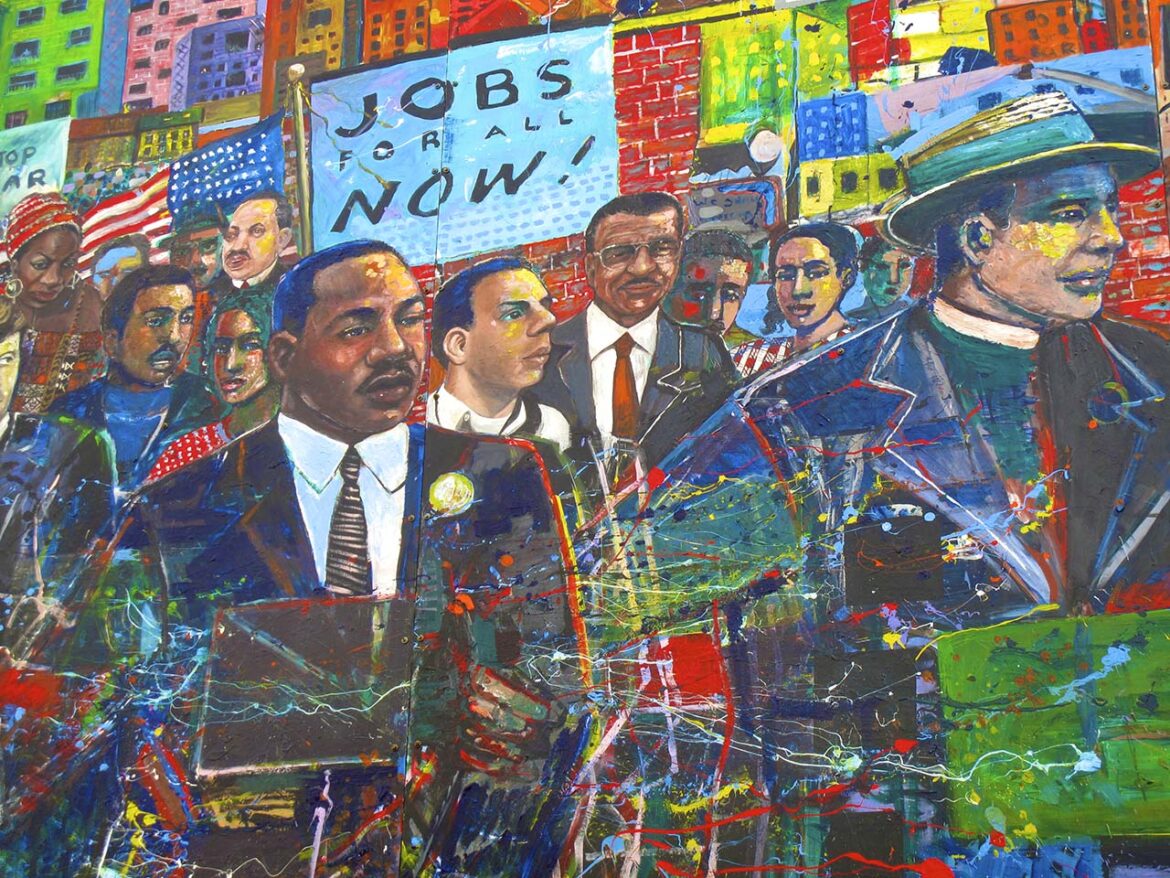In the current cultural landscape, conversations around diversity, equity, and inclusion (DEI) initiatives have gained prominence, sparking debates that sometimes prioritize winning over genuine progress. As Black History Month unfolds, it coincides with discussions on budget cuts and program reductions targeting DEI efforts, particularly in education. Black History Month, celebrated in February, holds a significant role in highlighting the achievements of Black individuals across various fields, fostering awareness, and promoting diversity and inclusion.
This Black History Month arrives at a critical juncture where some perceive DEI initiatives as divisive, leading to legislative actions attempting to curtail them. Amid anti-DEI legislation in Republican-controlled assemblies, including Kentucky, and the recent enactment of a bill in Utah limiting diversity programs in education, it is essential to recognize the potential consequences of such actions. These legislative moves, contradicting the principles of DEI, have sparked discussions about the importance of acknowledging historical injustices and the ongoing struggle against systemic racism.
Governor Andy Beshear’s support for DEI initiatives, particularly in Kentucky, reflects a commitment to making the state more welcoming and equitable. However, the political landscape is fraught with challenges, as bills targeting DEI initiatives are introduced, particularly in public education. The tension between those advocating for DEI and those opposing it is evident, raising questions about the direction our society is heading.
Utah Governor Spencer Cox’s recent signing of a bill restricting diversity programs has sparked criticism, especially when juxtaposed with his prior support for DEI efforts. The public reaction underscores the growing divide on the issue, with citizens expressing disappointment in the governor’s shifting stance. Cox’s decision to celebrate Black History Month amid these controversies further emphasizes the complex relationship between actions and words in the realm of diversity and inclusion.
As we commemorate Black History Month and reflect on the progress made in the quest for equality, the current challenges to DEI initiatives remind us of the persistent struggles for justice. The 70th anniversary of the landmark Brown v. Board decision serves as a poignant reminder of the ongoing fight for education equity. In the face of legislative efforts to undermine DEI, it becomes imperative to emphasize the importance of acknowledging and addressing racial disparities.
Black History Month should inspire us to confront uncomfortable truths, engage in meaningful conversations, and strive for a more inclusive society. By recognizing the contributions of Black individuals and understanding the historical context of systemic injustices, we can work towards creating a future where diversity, equity, and inclusion are not just buzzwords but integral principles shaping our collective journey toward a more just and equitable society.


